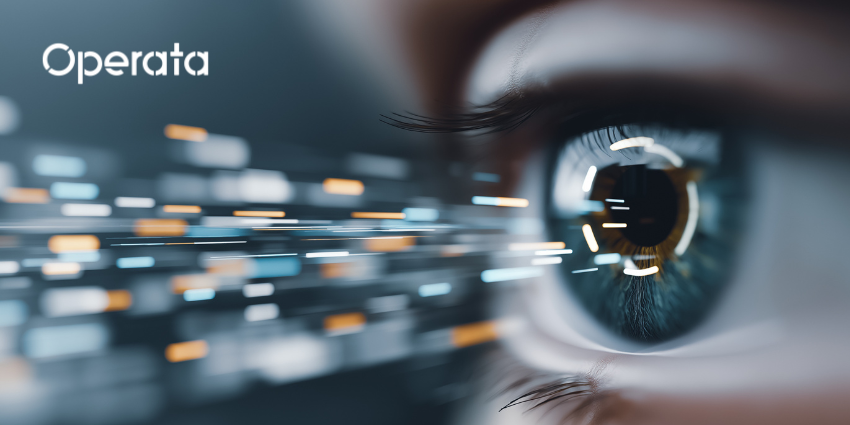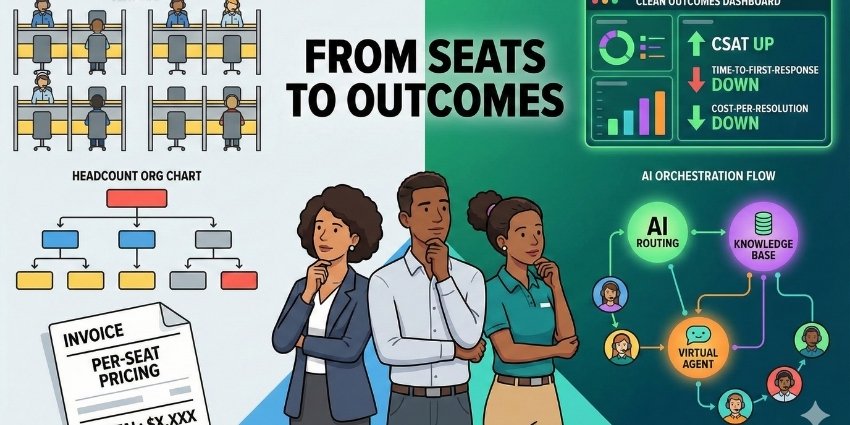Krisp Technologies has asked a court to throw out “key claims” in a lawsuit filed by rival Sanas.
Sanas filed the lawsuit in July 2025, claiming “theft of intellectual property”, which it alleges led to the development of the Krisp AI Accent Conversion solution, released in April 2025.
The technology converts the accent of a speaker in real-time. It is widely deployed by contact center outsourcing companies, and Sanas had a monopoly on the market until Krisp’s entrance.
Yet, Krisp has already started to win big business from Sanas, thanks to the global proliferation of its noise cancellation software and contact centers eager to trim their tech stacks.
For instance, Krisp has swooped for one of Sanas’ biggest customers: Everise, which employs over 28,000 agents worldwide.
However, amid this battle, Sanas called foul play, accusing Krisp of infringing four Sanas patents, stealing trade secrets, and failing to disclose Sanas’s contributions in two of its own patents.
If upheld, the claims could make Sanas a co-inventor and co-owner of those patents.
Yet, Krisp has now submitted a formal response denying the claims and a countersuit alleging patent infringement and unfair competition by Sanas.
In addition, it suggests that “Sanas’ claims are entirely without merit,” and that its accent conversion technology was “developed independently over several years.”
While Krisp does acknowledge engaging with Sanas across 2021-2022, it alleges that the encounters were “brief” and “unproductive”.
Contrary to the Sanas’ account, the vendor notes that Sanas “never shared its technology or provided confidential information.” That’s despite Sanas claiming the two vendors had set up a Slack channel to act as a “forum for the technical exchange of information.”
As written in a Krisp blog post, Davit Baghdasaryan, Co-Founder & CEO of Krisp, added: “Sanas’ claims are without merit and appear to be an attempt to slow down a stronger competitor through litigation.
Krisp’s Accent Conversion technology was developed entirely in-house following years of research and development, and Krisp is confident in the strength of its independently-developed technology.
“We will defend the hard work and innovation of our team,” concluded Baghdasaryan.
The Countersuit
Alongside the move to dismiss Sanas’ claims for trade secret misappropriation and co-inventorship, Krisp Technologies has confirmed a countersuit.
The suit against Sanas flips the script with Krisp alleging patent infringement and unfair competition.
Indeed, it suggests that after discussions between the two companies ended, Sanas reproduced Krisp’s patented noise cancellation technology to win over its customers, offering it for “free” to target Krisp customers and promote its accent translation product.
The Technology
Accent “translation” or “conversion” technology has proven a hot topic of conversation in the contact center space over the past 12 months.
While, as of 2024, 12 of the top 20 global customer service BPOs have deployed the technology, it’s not without its detractors.
Indeed, by changing the accents of agents when they interact with customers from other countries, some have suggested that BPOs are playing into racism.
For instance, Teleperformance caught flak for using the technology to neutralize the accents of its Indian contact center agents, despite paying Sanas a reported $13MN to implement the technology.
However, Thomas Mackenbrock, Deputy CEO of Teleperformance, defended the deployment, stating:
This creates more intimacy, increases customer satisfaction, and reduces the average handling time: it is a win-win for both parties.
Additionally, some end-users have secured up to 12 percent reductions in average handling time (AHT), 15 percent hikes in first contact resolution (FCR), and 20 percent gains in customer satisfaction (CSAT) post-implementation.







